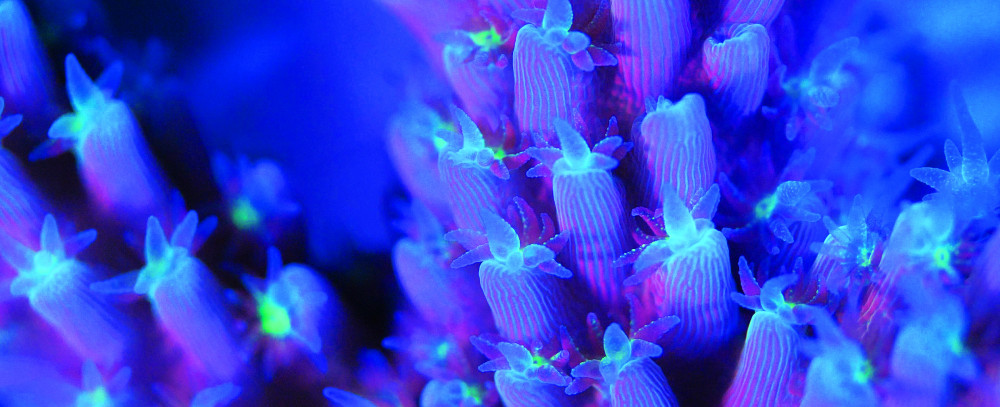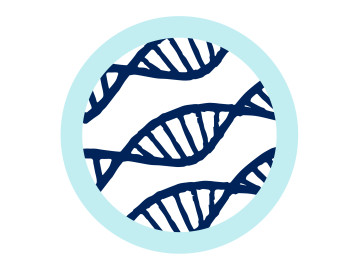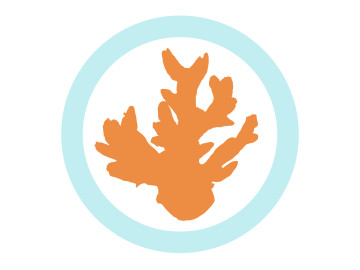Research focused on breeding genetically diverse corals capable of withstanding a changing climate is at the heart of SECORE's mission. By prioritizing genetic diversity, our approach aims to enhance coral resilience, allowing them to adapt and thrive in shifting ocean conditions. Through this strategy, we strive to buy coral reefs the critical time they need to survive and recover as broader climate challenges are addressed, guiding more effective, long-term restoration efforts.
SECORE is at the forefront of developing innovative technologies to restore coral reefs at scale. From coral spawning and larval rearing techniques to novel tools for outplanting, our technologies are designed to make restoration efforts more efficient and cost-effective, utilizing low-tech approaches. These advancements are shared with our global Implementaton Partner Network to maximize their impact on coral reef ecosystems.
Our work doesn't stop at research and technology, we are also leveraging a robust network of implementation partners worldwide. Through collaborations with local communities, governments, and conservation organizations, SECORE's innovative methods are implemented on a global scale. By empowering these partners with the tools and knowledge to restore reefs, we are driving impactful large-scale restoration efforts.
SECORE's comprehensive approach to coral reef restoration combines science-driven methods and innovative engineering, hands-on mentorship, and locally customized solutions. Through our global network of partners, we achieve sustainable reef restoration with far-reaching, positive impacts at a large scale.

Why do corals reefs need our help?
Coral reefs are vital ecosystems that support 25% of all marine life and provide over 500 million people with critical services like coastal protection, food, and income. Despite covering less than 1% of the ocean floor. However, they are under severe threat from climate change, pollution, overfishing, and habitat destruction. Rising ocean temperatures cause coral bleaching, while acidification weakens their structures. Without intervention, many reefs face irreversible damage or even collapse. SECORE is committed to help coral reefs adapt and thrive in this rapidly changing world.
Do you know corals?

Corals are animals, not plants
Though they resemble plants or rocks, corals are actually living animals related to jellyfish and anemones. Each coral structure is made up of thousands of tiny creatures called polyps, which form a colony, resulting in the beautiful, colourful corals we know and appreciate.
Corals engage in mass spawning events
Once a year, many coral species synchronize their reproductive cycles and release millions of eggs and sperm into the water simultaneously. This mass spawning event, often triggered by lunar cycles, helps increase the chances of fertilization and promotes genetic diversity within coral populations.
Coral reefs are ancient ecosystems
Some coral reefs are among the oldest ecosystems on Earth, with certain reefs dating back as far as 240 million years. This makes them even older than the rainforests, showcasing their incredible resilience and long-term importance to marine life.
Our approach to restore coral reefs around the world
Each year, SECORE and partners are rearing thousands of baby corals and we are working hard to do more! Each of these young corals is genetically unique and some may be capable of adapting to the conditions coral reefs are facing today. One day, if all goes well, our baby corals may grow into healthy adult coral colonies. Our short film, “Growing Corals”, takes you on a journey to experience what it takes to grow coral babies, restore degraded reefs and give corals around the globe a fighting chance to survive.
This form is protected by reCAPTCHA and the Google Privacy Policy and Terms of Service apply.
Nature Today
"New hope for caribbean corals: meet the heat-resistant recruits"
 Reef Patrol
Reef Patrol




